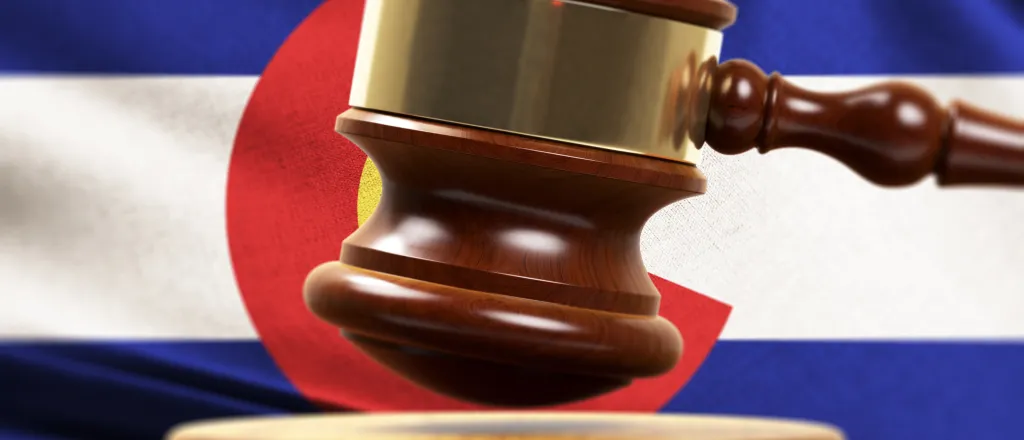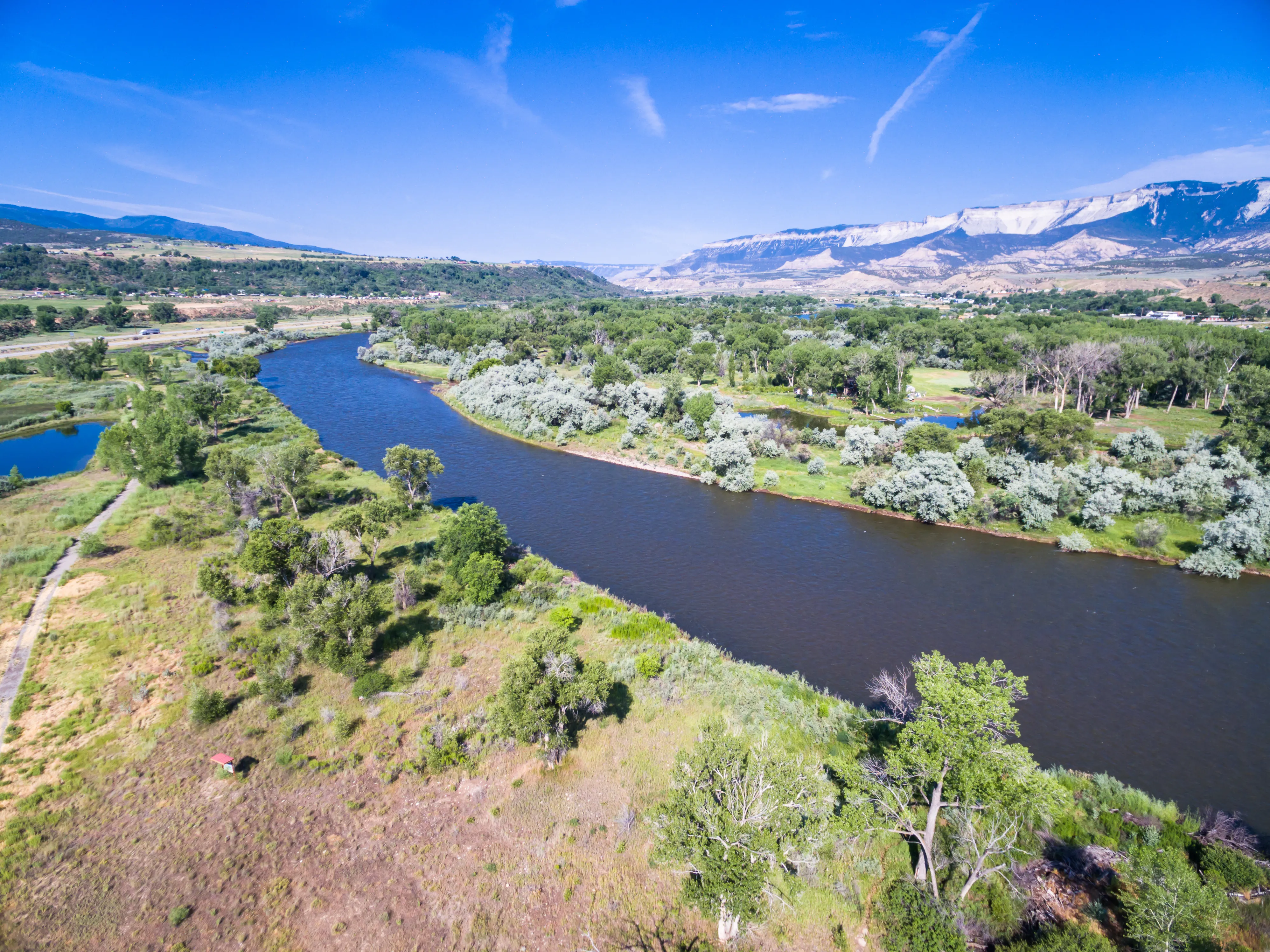
Colorado redistricting commission asks Supreme Court for more time on final map deadline
(The Center Square) – The Colorado Independent Congressional Redistricting Commission filed a petition with the state Supreme Court on Tuesday to adjust its September 1 deadline to present the finalized congressional map.
The commission asked the court to adopt a schedule that would allow the body to submit its first staff plan on September 15 and have its final plan turned in for review by October 22.
“This schedule has been significantly condensed compared to the schedule of a normal redistricting year but provides a robust redistricting process,” the commission said in a statement.
If the court does not accept the revised schedule, the commission said it will “endeavor to take additional, more restrictive measures to ensure that it will adopt a final plan by as close to September 1 as possible.”
According to the petition, data delivered during a typical census year usually arrives in April, the commission said. That deadline would give the body more time to produce a preliminary map and gather public feedback ahead of the September deadline, as state law requires.
The commission says the final census data is not expected to arrive until August. At the same time, a “user friendly” version of the data is not expected to be released before September 30.
The body published its preliminary map that includes an eighth congressional seat on June 24 and is currently in the midst of conducting over 70 public hearings on the preliminary map. The commission expects this work to be complete by August, according to the proposed plan.
“Because of COVID-19, it will be difficult for the commissions to both make use of the up-to-date census data and submit plans within the constitutionally mandated timelines,” the petition states.
The Colorado Supreme Court recently recognized the troubles the Colorado Independent Redistricting Commissions face, holding in a recent case that the state legislature does not have the authority to control the commissions' work.
Senate Bill 21-247, which was in question in the case, sought to clarify which data the commissions could use to draw their maps.

















